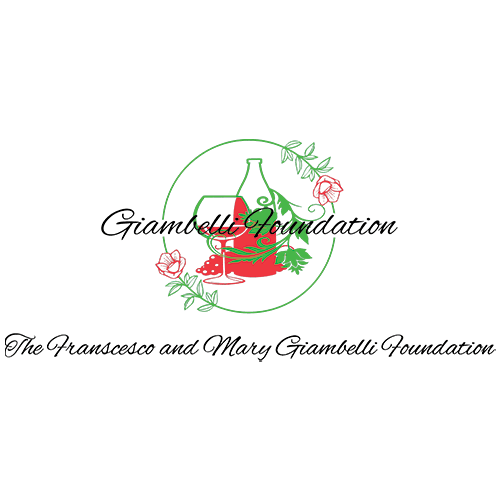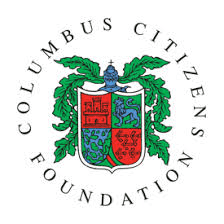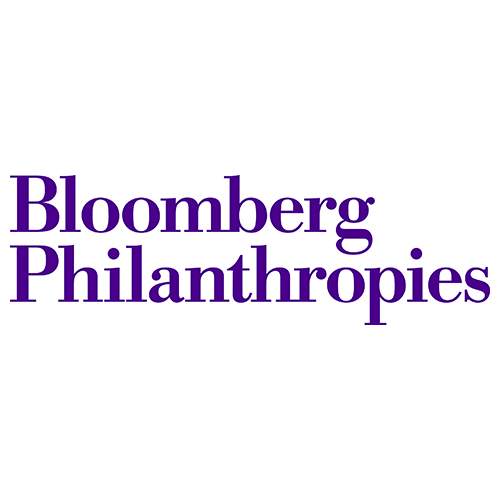«The first to close, the last to open.» Despite Coronavirus, Opera is Aiming to a New Tomorrow
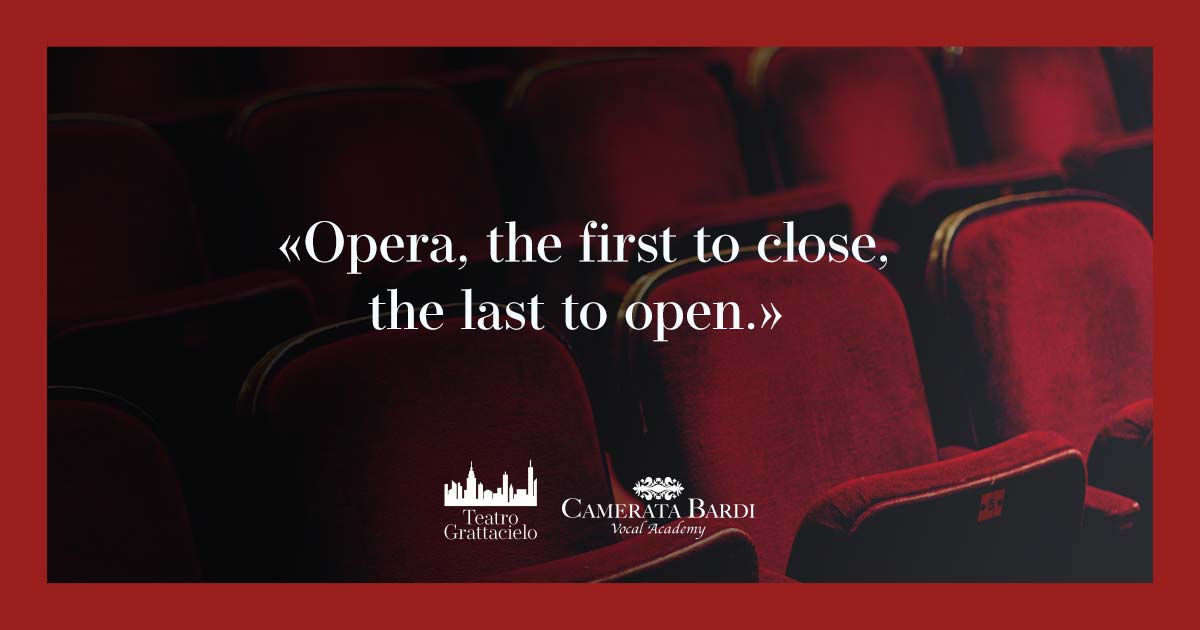
The moment Francesca Mondanaro, a dramatic soprano and vocal teacher based in New York, realized that the coronavirus outbreak would change her year has been when they postponed her performance schedule for 2020.
«The first dates I feel I can count on are not until the end of May 2021, an entire year from now,» Ms. Mondanaro, who sings for the Deutsche Oper Berlin and she is a Guest Vocal Teacher for the Vancouver Opera, says from her place in New York.
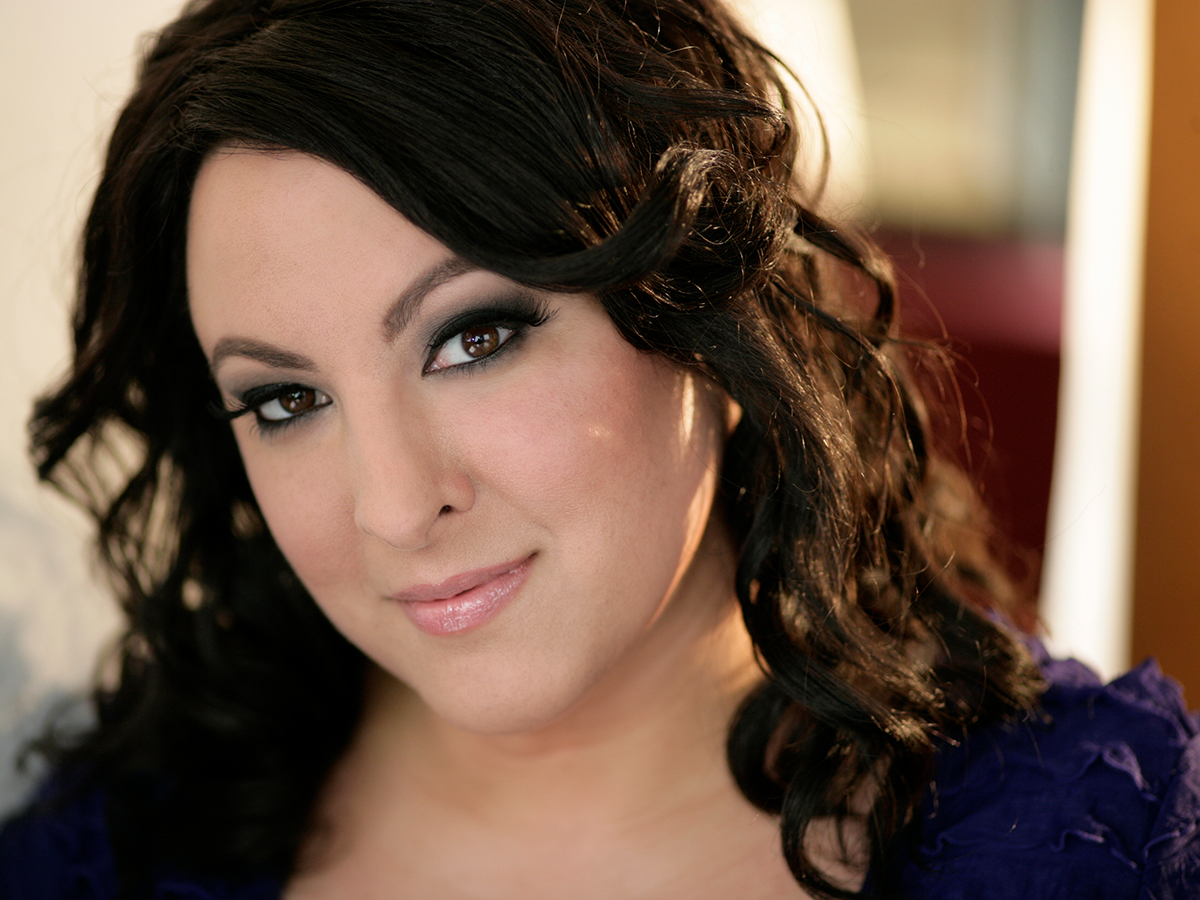
Like her, many other singers are stuck at home and following with growing concerns about the evolving situation after the pandemic changed the world, forcing New York, the city that never sleeps, to be in pause.
«We await the news daily from the Centers for Disease Control and Governor Andrew Cuomo as to which economic sectors in the state will be allowed to open first,» Ms. Mondanaro says. But, she adds, «we are sober understanding that theaters were the first to close and will most likely be the last to open.»
Theatres and opera singers are the ones that have been suffering the most from the consequences of the pandemic.
Just in New York, The Metropolitan Opera, the nation’s largest performing arts organization, announced in March that it would cancel the rest of its season because of the coronavirus outbreak and begin an emergency fund-raising effort aimed at covering an anticipated loss of up to $60 million.
In Los Angeles, the Los Angeles Opera announced at the end of April that it is canceling the remainder of its 2019-20 season, but included in the announcement was the surprising detail that the company is managing to avoid the layoffs and furloughs.
Not everyone accomplished that in the US.
«The main problem for singers in US non-governmental sponsored theaters is that they are victim to the invocation of force majeure cancelation of contracts which gives them no recourse to any income,» Sandra Hormozi, a New York-based Opera Agent, says to Camerata Bardi Blog.
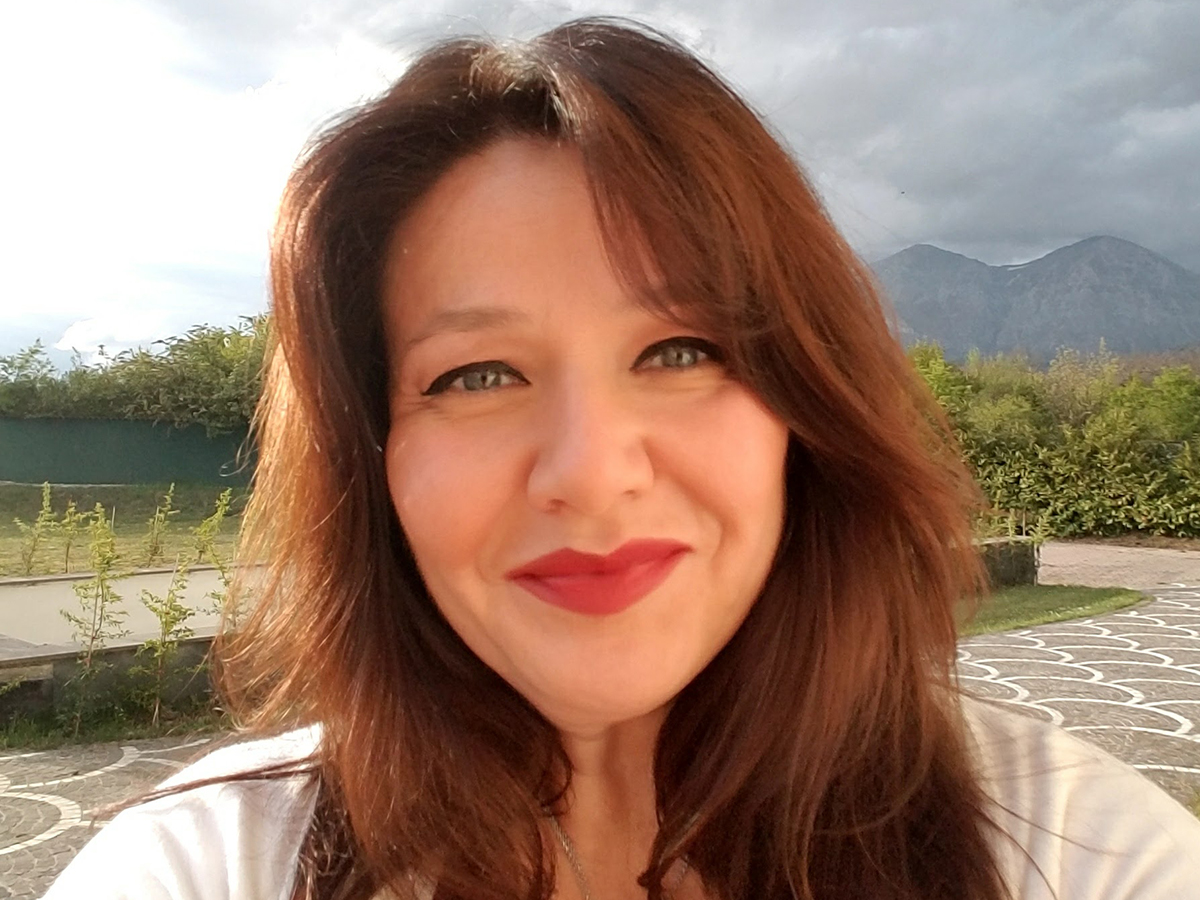
Government-funded theatres are also struggling. Despite Ms. Hormozi thinks that they will survive more easily, the number of performances is the key-factor at the base of their budget. «What will happen if half or a full season is lost?» she wonders.
Coronavirus pandemic changed her daily life work, too. Instead of telling her artists about new offers, she says, «now I can only send them cancelation or postponement notifications.»
And for opera singers flattening the curve often rhymed with weakening their voices.
«When an opera singer loses the exhibition, loses that compensation,» Filippo Ciabatti, Music Director of the Dartmouth Symphony Orchestra, says. «It is important that theatres and musical institutions and organizations find a way to financially support the singers.»
His daily life abruptly reversed, as well. The life of an orchestra conductor between Italy and the US is usually all about traveling, concerts, and rehearsals. «Pandemic deprived us all of this,» he emphasizes.
But the preparation phase never changed, and the coronavirus pause turned out to be an opportunity to study. «Despite I can't say it is a peaceful moment, I am trying to re-discovered many great classics of opera,» Mr. Ciabatti says. When the theatres will re-open, he hopes, «I will have the chance to propose these alternative repertoires.»
If today means struggling, tomorrow may embody opportunities. And digital tools and online streaming represent the new alternatives to count on.
While Met Opera announced to starry an ‘at home’ concert, last month, opera stars across the world came out of isolation by posting solo performances on their social media pages. It's hard to believe, however, that digital concerts could entirely replace the physical theaters while the pandemic will be over.
«I hope that the two elements, the digital and live performance will coexist happily together,» Stefanos Koroneos, Camerata Bardi Vocal Academy's Artistic Director, says. Camerata Bardi, along with Teatro Grattacielo, is growing despite the pandemic. The academy did not cancel the masterclasses scheduled by April, and it is still working on the organization of a concert in October.
«Opera is a better experience to savor in live performances,» Ms. Koroneos admits. But companies have realized that it will take a long time to come back to what we consider normal. «We are learning that there are other ways to keep this beautiful art form alive.»
Even though, for opera singers like Francesca Mondanaro, singing for a person sitting on a sofa is not like singing for someone in front of you.
«There is just no substitute for the kind of magic that happens in the theater, where the energy of the people on stage connects to those sitting in the seats,» Ms. Mondanaro, who also has to teach online to young singers, says. «Everyone gets transported for a few hours in a way that can never happen again because it only exists at that moment.»
According to America for the Arts, which is counting the economic impact of coronavirus on the arts and cultural sector, it is about $5,5 billion the estimated total economic impact. On average, the estimated media per-organization economic impact is $38,000. The most damaged State in the US is New York with a median reported financial impact of $50,000.
And coronavirus hit hard opera everywhere, not only in the US. In Italy, all the theatres have been closed since the pandemic started. But while the country is lifting the COVID's restrictions, Teatro La Scala announced Thursday that is ready to reopen in September.
As the most famous theatre of Milan revived after World War II with a concert directed by Arturo Toscanini, under the coronavirus pandemic «La Scala wants to be again a symbol of rebirth,» as Dominique Meyer, La Scala's Superintendent, said to the Italian news agency, Ansa, on Thursday.
If Milan's La Scala will reopen with an outdoor performance, a Verdi's Requiem directed by Riccardo Chailly in Piazza Duomo, and an indoor exhibition, La Nona of Beethoven inside in the theater, it is not clear when and how New York will enjoy Opera again.
«But I believe that, after the pandemic, it is going to be just as vibrant as it was before,» Francesca Mondanaro says.
In history, Opera has survived world wars, famine, previous pandemics, and Wall Street stock market crashes. «And we always got back to enjoy the culture and live performances,» Filippo Ciabatti points out.
«Opera will get back this time, too. As human beings, we need it.»
Davide Mamone
